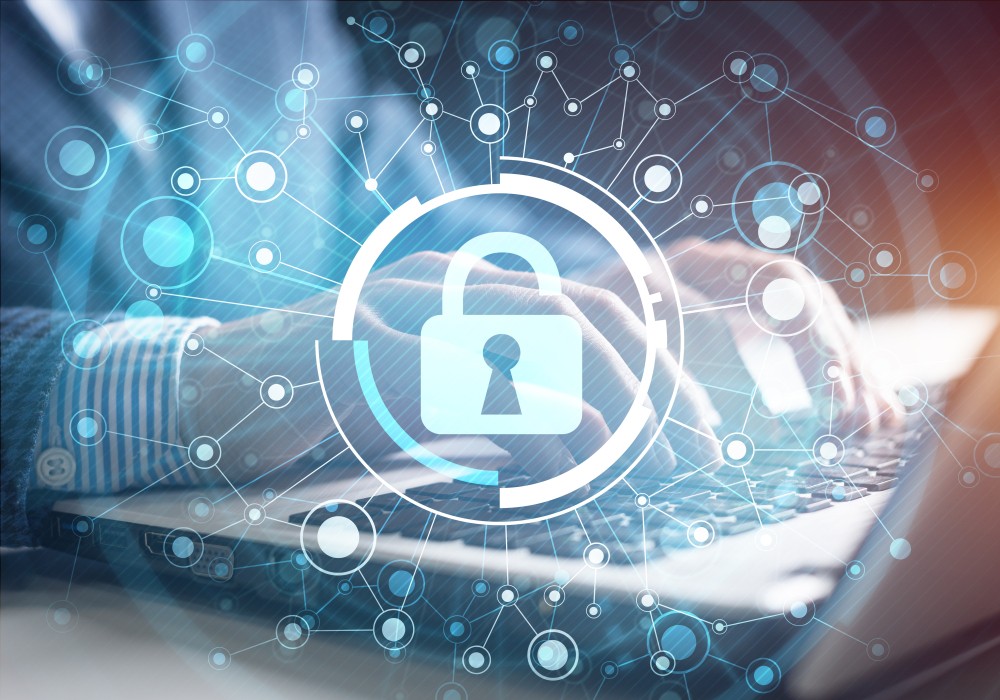Cyberattacks increased 47 per cent in Q1 2025, compared with the same period in 2024, according to Check Point, while research by Cybersecurity Ventures highlights that cybercrime is expected to cost $10.5 trillion globally by the end of 2025.
In the UK M&S and Co-op recently reported damaging cyberattacks on their IT systems, with M&S reporting losses of around £300 million as they witnessed their market valuation decline by £1.3 billion. Both had issues with empty shelves and M&S had to switch off the capability to order online for many weeks.
Quite apart from the financial cost due to the disruption in sales caused by these cyberattacks, there’s a significant loss of consumer trust and reputational damage that can prevent once loyal customers from returning.
At the same time, research reveals fraud is also on the up, with financial fraud globally expected to surpass £500 billion annually.
As part of wider cybersecurity efforts organisations need to recognise the value of obtaining customer contact data quality, and in delivering simple ID checks as they look to avoid future cyberattacks and fraud.
Accurate customer contact data supports cybersecurity
It’s important to recognise that the quality of customer contact data is vital to the effectiveness of ID processes, influencing everything from end-to-end fraud prevention to delivering simple ‘non-intrusive’ ID checks; meaning more complex, customer intrusive and costly identity verification practices may not be necessary.
Possessing accurate customer contact information, such as name, address, email and phone number, makes the verification process more reliable. Using this data ID verification technology can confidently cross-reference the information provided against official databases, or other authoritative sources, without inconsistencies that could lead to false positives or negatives.
Recognition that address verification – having a consistently accurate, standardised address – is the foundation of contact data quality, is key. It’s much easier to match and verify identities across multiple sources with up-to-date customer addresses. Therefore, verifying the accuracy and legitimacy of an individual’s address should be the first stage in any identity related process, with any discrepancies between a claimed address and official records highlighting a potential fraudster.
To maintain accurate customer addresses run the National Change of Address (NCOA) database against your own, because it highlights those who have moved or passed away. By providing quick access to the new addresses of customers who have changed residence businesses will prevent customer communications being sent to incorrect addresses, which could fuel fraud. Organisations will also be able to maintain a speedy fulfilment process to ensure a consistent positive customer experience.
Embrace eIDV
With fraudulent payments on the rise worldwide “always on” automated electronic ID verification (eIDV) tools are the best way to undertake ID verification. They can, in real-time, cross-check the names and addresses - for proof of address - email addresses and phone numbers provided by prospective customers online. This results in a good customer experience while preventing fraud.
For the best outcome it’s preferable to obtain an eIDV platform with access to billions of consumer records from reputable sources around the world. This ensures the delivery of an efficient customer ID verification service, globally. Additionally, maturing technology is enabling eIDV to be offered at a range of affordable options.
Mobile ID verification
As part of any ID verification process mobile ID verification, which is matching a name to a mobile number, is becoming increasingly important; particularly as around 60 per cent of the world’s population has access to a smartphone. Unlike traditional identity verification methods that depend on semi-static data, mobile verification utilises real-time data from mobile network operators (MNOs) to authenticate an individual's identity with a high degree of accuracy.
Furthermore, mobile ID verification is often more cost effective compared to identity verification performed against regulated data sources such as credit bureaus and government bodies.
Montor IP address
Don’t forget the importance of the IP address as part of the identity verification process. It’s possible to check if the IP address of a person looking to make a purchase matches or is near the verified physical address they have provided. For instance, if someone is looking to purchase a big ticket item in a different country from their registered address, undertaking additional verification checks would be sensible prior to it being approved.
Prevent phishing
Finally, ensure you have a first line of defence in place when it comes to email-based security. One of the most common routes for cybercriminals to enter organisations is via email, with phishing the main tactic. To protect staff from potentially falling victim to phishing, and a range of other attacks on your system that puts the entire organisation at risk, it’s vital to use services that detect and prevent a full range of bad actors with phishing, scam, malicious and malware domains at point of entry.
In summary
Maintaining clean data practices and using comprehensive yet cost-effective global eIDV services will play an increasingly vital role as part of wider cybersecurity efforts, as the threat and damage cyberattacks cause continues to grow.




